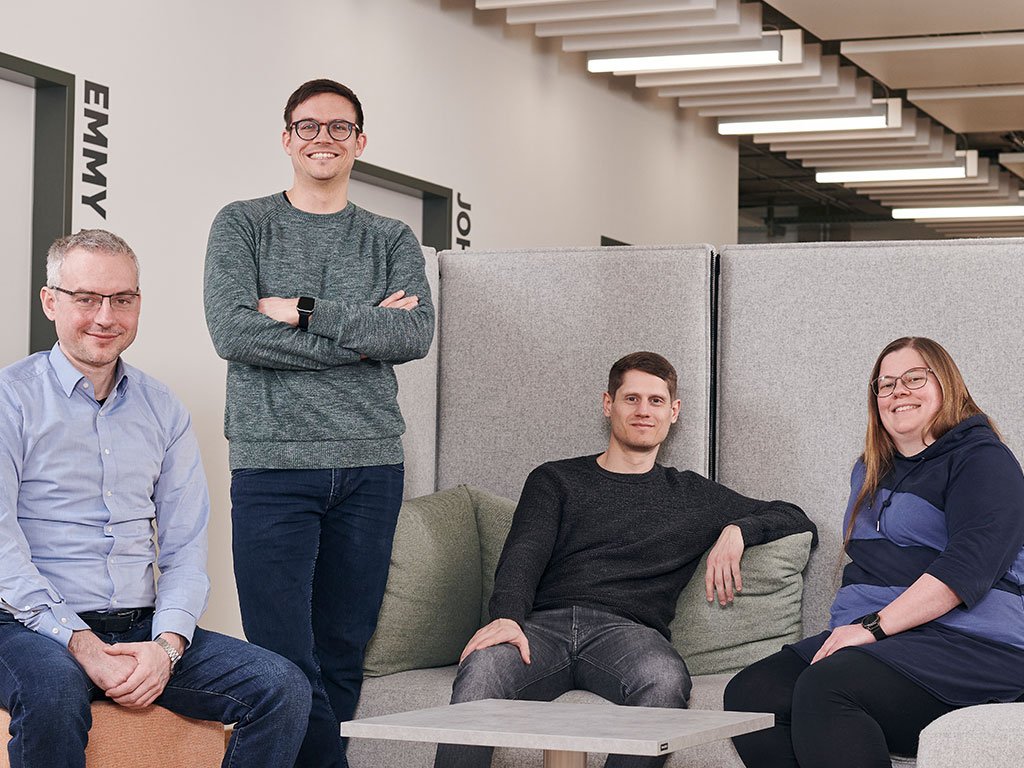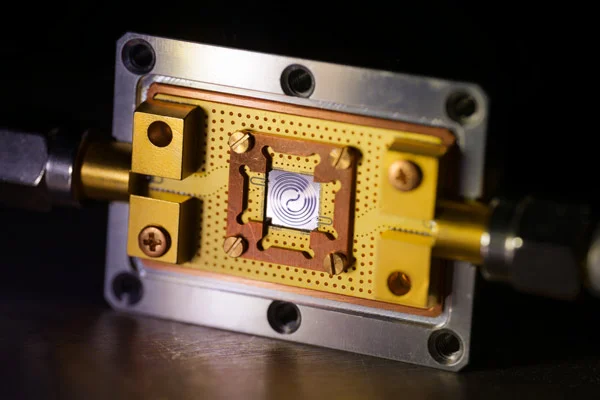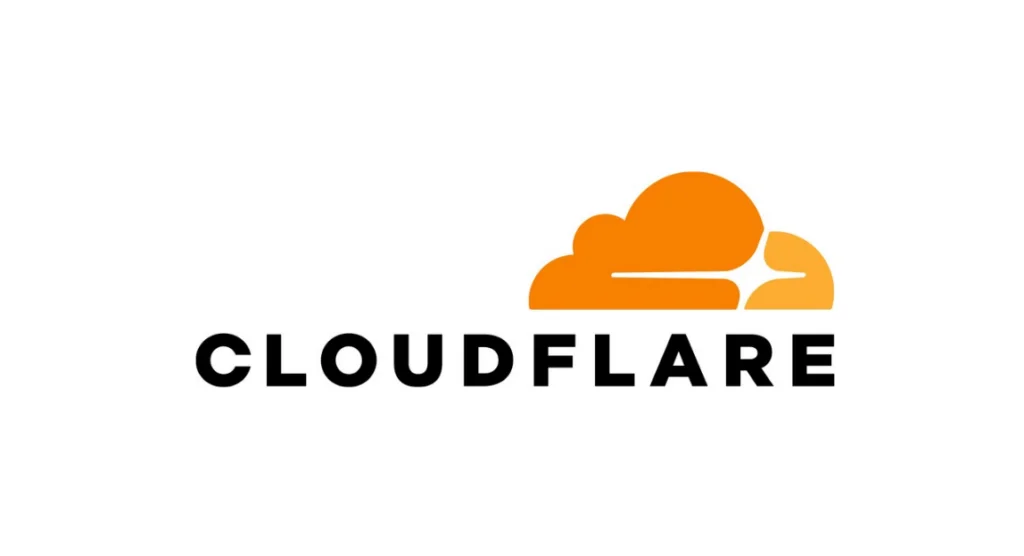Insider Brief:
- HQS Quantum Simulations secured a €2.5 million grant from the European Innovation Council (EIC) Transition Program to advance NMR spectral analysis for personalized medicine. The company was selected among 40 innovative teams from a record 413 proposals submitted to the EIC Transition call.
- The HQS-NextNMR project will enhance NMR spectroscopy by developing advanced quantum algorithms and software tools for high-precision molecular structure identification for the purpose of improving diagnostic accuracy.
- By integrating quantum computing techniques into NMR analysis, HQS intends to modernize diagnostics and establish NMR as a key technology for personalized medicine. The project builds on research from the AVaQus initiative and other EU-funded programs.
- Image Credit: HQS Quantum Simultations
PRESS RELEASE — HQS Quantum Simulations is receiving a grant of approximately 2.5 million euros (approximately $2.6 million) from the Europe-an Innovation Council (EIC) as part of the EIC Transition Program. HQS convinced with the project “Next-Gen NMR Prediction and Analysis: A Cutting-Edge Tool for High-Precision Structure Identification” (in short HQS-NextNMR). This funding paves the way for a broader application of NMR spectroscopy and opens avenues for its use in personalized medicine.
HQS Quantum Simulations is one of 40 innovative teams to be supported by the EIC Transition program this year with its project to further develop NMR spectral analysis for use in personalized medicine. EIC Transition is a funding program under Horizon Europe aims at small and medium-sized en-terprises (SMEs), start-ups and organizations that have identified promising results from EU-funded projects and are ready to further develop and validate these technologies. EIC received 413 proposals, the highest number of applications ever submitted for the EIC Transition call.
Sincere thanks to ZAZ Ventures. Due to their excellent support during the application process and thorough preparation for the interviews, the HQS team was able to conclusively pre-sent their comprehensive expertise.

Dr. Iris Schwenk, COO and Co-Founder of HQS explains: “Thanks to this funding, we can contin-ue to pursue our vision of transforming practical quantum mechanics into real-world applica-tions. Our advanced software tool will provide highly accurate and reliable spectral predictions, revolutionizing the analysis of complex molecular structures and biological mixtures with unri-valed precision. This pioneering innovation positions NMR as a key technology for the future of personalized medicine and beyond.”
THE FUTURE OF PERSONALIZED MEDICINE
As part of the FET Open project AVaQus (Annealing-based VAriational QUantum processorS) and other German and European funding projects, HQS Quantum Simulations has been investigating use cases for the quantum computer. NMR (Nuclear Magnetic Resonance) spectroscopy has been identified as the most promising application for the quantum computer. HQS has created unique quantum algorithms that address the challenges of NMR spectrum analysis. As part of the validation of this solution, a prototype for NMR spectrum analysis was developed that runs on conventional computer hardware and already offers added value over currently available soft-ware without the power of a quantum computer.
In the first step of the HQS-NextNMR project, this prototype for NMR spectrum analysis will be further developed for low-field magnetic resonance to expand the range of applications of benchtop NMR devices.
The HQS-NextNMR project aims to further develop NMR spectroscopy for use in personalized medicine for the analysis of biological samples, thus efficiently modernizing diagnostics.
ABOUT HQS QUANTUM SIMULATIONS
HQS Quantum Simulations represents a new era in quantum simulation. We harness the potential of quantum mechanics to develop innovative industrial applications. Our software solutions are based on innovative approaches to accurate and efficient material prediction and analysis at the quantum level. HQS software is used in the pharmaceutical and chemical industries, as well as in the development and research of quantum computers, sensors, optical components, and laser applications.















